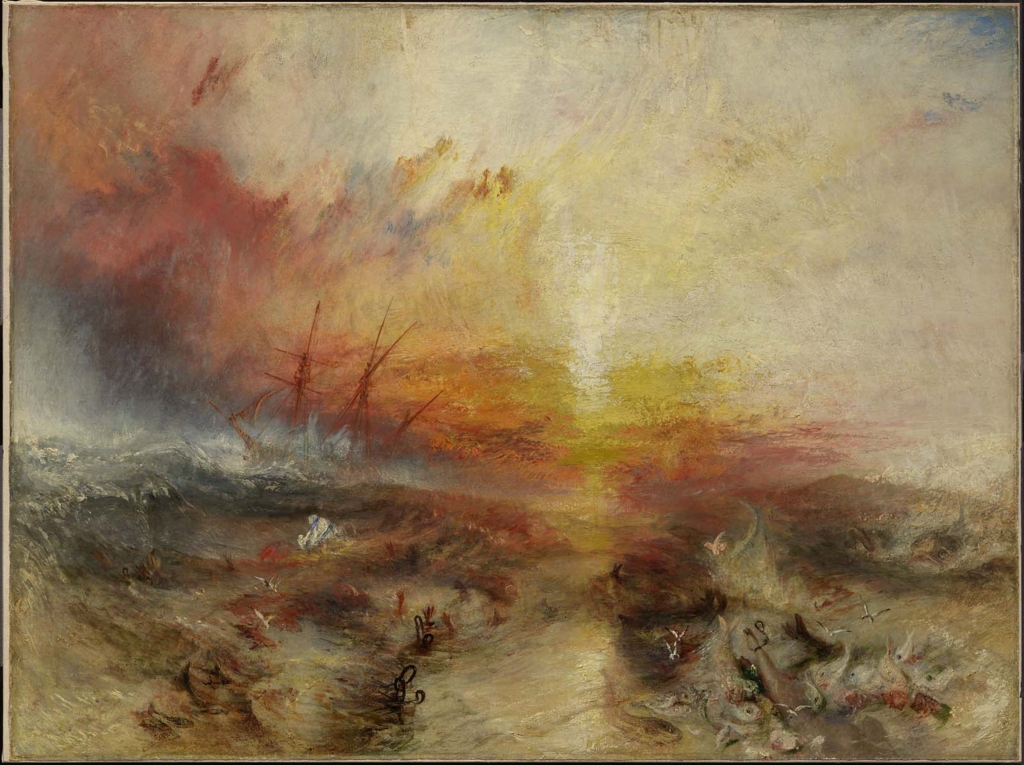Slavery-Entangled Philosophy
September 12, 2018

John Locke took part in administering the slave-owning colonies. Does that make him, and liberalism itself, hypocritical?
By Holly Brewer / Aeon
John Locke, who lived through two revolutions in 17th-century England, remains perhaps the most important theorist about democracy. Translated into many different languages, Locke’s ideas inform contemporary philosophical debates about justice and rights, from relative egalitarians such as John Rawls to libertarians such as Robert Nozick to Amartya Sen’s critique of Western-based theories of justice. Locke’s writings inspired the language of rebellion in the United States’ Declaration of Independence (1776) and Jean-Jacques Rousseau’s Social Contract (1762), which shaped the French Revolution.
After the Second World War, Locke’s ideas circumscribed debates over democracy and social justice within the United Nations and in international law. The principles that government should be based on the consent of the governed, that most people can make reasonable choices, that all men are created equal, that people have inalienable rights – his animosity towards hereditary privilege – have had many critics too. Locke’s influence probably reached its height in the 1960s. Since then, criticism has grown. On the Right, critics see him as too idealistic and impractical: all people are not and cannot be equal. On the Left, critics contend that Locke was a hypocrite, a philosopher who put forth radical ideas while working on behalf of slavery and colonialism. C B Macpherson’s The Political Theory of Possessive Individualism (1962) made the most influential case that Locke regarded private property above all, including property in slaves. Postcolonialist thinkers, in particular Uday Singh Mehta in Liberalism and Empire (1999), saw Locke’s philosophy as emblematic of ‘Western’ ideas about democracy and rights that serve as a cover for the oppression of indigenous peoples. Implicating Locke in the causes of slavery and colonialism has cast a shadow over Western liberalism, and indeed democracy itself.
Read the full analysis by Holly Brewer, Burke Chair of American History and associate professor, in Aeon.
Image: "Slave Ship" (1840) by J M W Turner. Courtesy the Museum of Fine Arts, Boston via Aeon.

